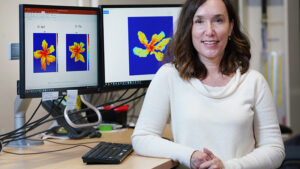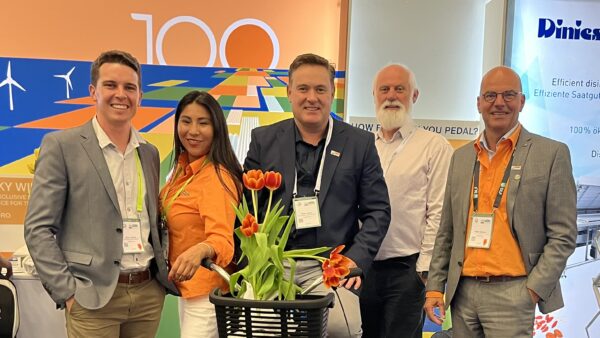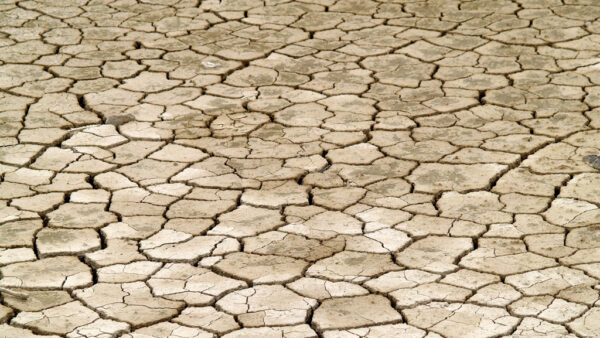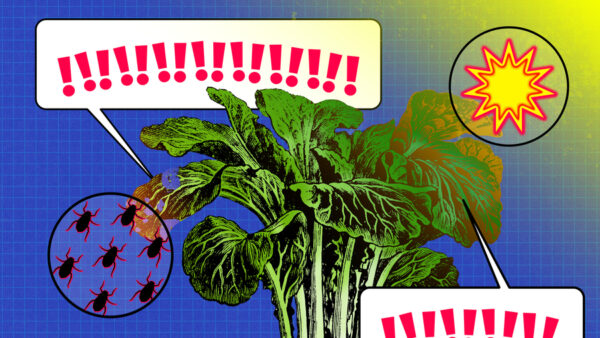Rothamsted is trialling a new phosphorous fertiliser made from abattoir waste and industrial by-products as part of a ten-month EU funded project.
Concerns over cadmium build-up in soils means that many naturally occurring sources of phosphate could soon be outlawed by the European Government.
According to EDS, the makers of ‘Thallo’, it is high in phosphorus, sulphur and soluble carbon compounds, and perhaps most importantly, low in cadmium.
Mike Ash, Managing Director of EDS said: “Food security starts with the health of the soil. Large-scale agricultural practices and global warming continue to remove essential nutrients rather than replacing them – the consequences of which can be seen in the development of non-communicable diseases in humans, declining quality of food staples and nutritionally stressed livestock.”
Currently, most phosphate fertilisers are derived from rocks, many of which have high cadmium concentrations. This toxic heavy metal will likely soon be the subject of stricter EU regulations.
According to existing Rothamsted data, this new fertiliser contains very little cadmium, making it a potentially important alternative, sustainable, and domestic source of phosphate fertiliser.
Rothamsted’s trial will look at Thallo’s attributes and nutrient release ability, as well as fine tuning the application rate for various crops and soils.
“Independent, third party data on crop yields, crop nutrition, and the longer-term potential benefit to soil health is invaluable in developing our fertilisers and growing our business,” says Ash.
EDS says their patented manufacturing process also recovers previously lost edible protein and fats for human consumption from the carcass, maximising the ‘food value’ of cattle, with all remaining waste being converted into fertiliser.
Khalid Mahmood, Innovation Manager said: “Helping a local SME to improve their novel product has wider benefits for the environment and food production, not only in the south west of England but globally. This approach of using abattoir waste will support sustainable meat and milk production, and fits well with the circular economy concept. It’s a fantastic project and nicely demonstrates what the Impact Lab is all about.”
The £6m ERDF funded Impact Lab programme was set up to address the Environmental Futures challenge and is a partnership of seven Devon-based research organisations, working together to help local businesses use complex data to create new products and services, particularly those that safeguard the environment.
The programme supports SMEs in the Devon region, through provision of specialist technical support, access to academic expertise, and SME grants.
Source: Rothamsted Research












